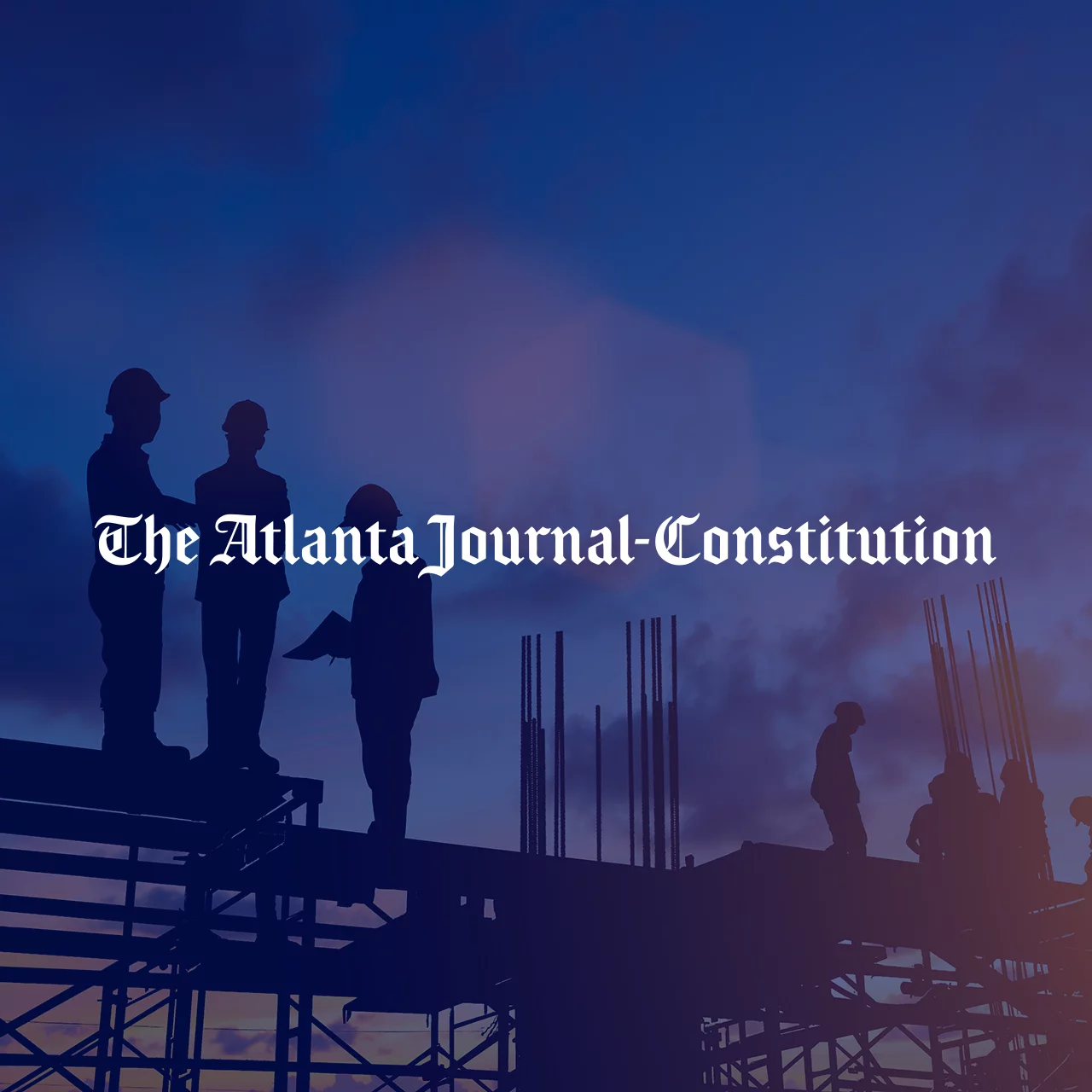Interview with
Taylor Miller
Host and Reporter, FOX 24 News Now
ORIGINALLY APPEARED
FOX 24 News Now
November 4, 2024
Taylor Miller, Host and Reporter, FOX 24 News Now:
Remote work has transformed the modern workplace offering more flexibility but also new challenges for both employees and employers. Here to discuss how remote work is impacting both sides of the equation is Rick Hermanns, President and CEO of HireQuest.
Rick, great to have you here with us and I’d like to start off: HireQuest is at the forefront, the front lines of employment. Can you give us a little background about HireQuest?
Rick Hermanns, President and CEO of HireQuest Inc.:
Absolutely.
HireQuest is about a 35-year-old company. We are based in Goose Creek here in South Carolina. We are a NASDAQ listed company, but probably importantly for our discussion today, we employ about 85 to 990,000 people a year, which is pretty significant. Also, we have recruiting offices through our MRINetwork that span the globe.
We constantly have our finger on the pulse of hiring and workplace changes.
Ms. Miller:
You have really been able to see this shift with Covid that brought this remote work. It’s been kind of one of the biggest shift we’ve seen in the workplace in our lifetimes. And although that offers flexibility and some people say more of a healthier work-life balance, what are some of the challenges that this has presented?
Mr. Hermanns:
So, it’s really created a lot.
Obviously, in the midst of the pandemic, in fact, remote work went from about 5% of the workforce to up to 50% in the middle of 2020. Now we’re at a point where the amount of remote work has gone back somewhat closer to what it was pre-pandemic, but it’s still significantly higher.
I think you’re spot-on as far as how transformational it is and I don’t think people still fully recognize just how many implications there are with the increase in remote work, good and bad.
Ms. Miller:
About those implications: What are the major issues that we are seeing kind of across the board with industries when it comes to remote work?
Mr. Hermanns:
There’s an ability to grab a lot of cost savings by remote work.
If you start thinking of places like New York City and you’re paying hundreds of dollars per square foot of office space, there’s a lot of advantages.
Or, if you’re concerned about climate change: Not having as many people commute, you’re helping the environment.
So, there’s some really good reasons to want to do it. Yet, when you start thinking about it—and yes, obviously, there’s been a great increase in technology as far as Zoom and Teams where people can still communicate online, but does that make up for having people sitting in the office cooperating?
Somebody like Nike, if you’ve got a team and you’re designing shoes, yeah, it’s not as easy to sit there and say okay we’re going to get on the phone for an hour because sometimes, it’s like, hey, I’ve been playing around with this on the screen and you don’t have that interaction time as a team.
Ms. Miller:
So, it really depends, kind of. It goes business to business.
Mr. Hermanns:
Right.
We call this the tricky trilemma because really, you have three different styles of work that’s typically available now. You have remote, you have hybrid, and you have in-office, and really each one has its own advantages.
Now as a person, it’s interesting. What the white paper that we released a while back, one of the things that is a bit of a paradox is that particularly Zoomers much prefer to work remote and yet they turn over faster. So, as much as they think that’s what they want, they’re clearly not happy because they’re leaving faster.
The perception is definitely—and, again, especially the younger the person the tendency is towards really wanting the remote work and yet is it really best for you? If you’re saying to me, as an example, what would my recommendation be: probably early in the career, as much as the remote might be very attractive, be careful because now you don’t get the exposure to your bosses and to a mentor.
I think if you talk to anybody who’s a fairly senior executive, they would say that they had some mentorship and some sponsorship from somebody within an organization. But, if you’re not in the office, how do you get that? How do you even learn who’s the last person in at the end of the day? That’s the person I like!
Ms. Miller:
It will be very interesting over this next decade see how this shifts in the workplace.
I want to thank you so much for being here with us. HireQuest is an amazing tool. Obviously, you guys have been very successful over the past 35 years. HireQuest.com is where you can go for more information.
Rick, I want to thank you again for being here with us.

DOWNLOAD THE STUDY
Navigating Remote and Hybrid Work: Impacts on U.S. Companies
This in-depth analysis explores how remote work trends are reshaping the business landscape, with insights on employee retention, productivity challenges, and cost-saving opportunities.













